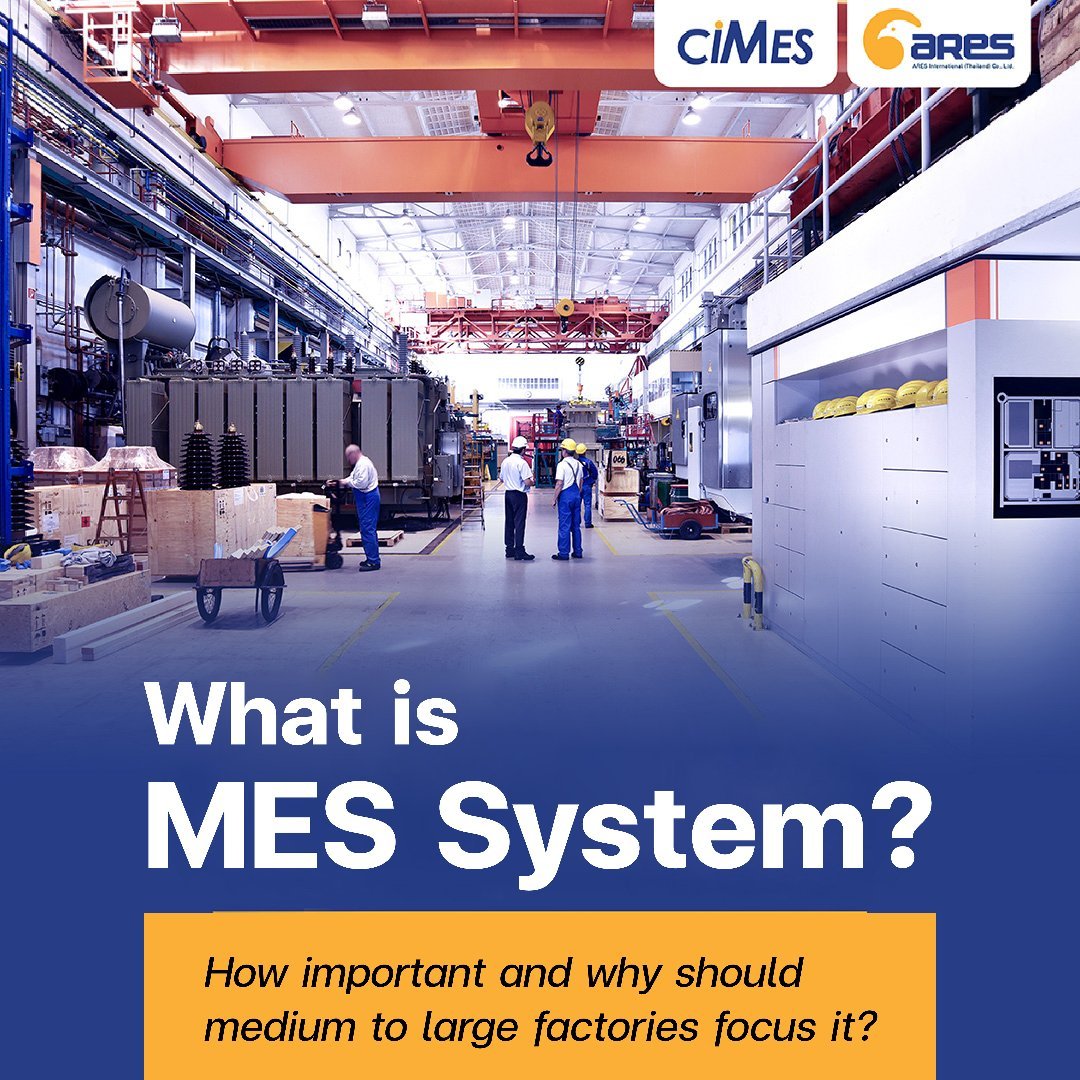Taiwan's Auto Parts Factories Enter the EV Era: Transitioning to Smart Factories with MES
With the rising popularity of electric vehicles (EVs), Taiwan's auto parts manufacturers must adapt to meet the changing market demands, whether for traditional car parts or specialized EV components. Implementing a MES system is key to enhancing competitiveness.
The Complexity of Automobile Manufacturing and International Standards
Manufacturing a car involves a complex and diverse production process, from producing individual parts to final assembly. Each part is made from different materials such as steel, plastic, and rubber, and must undergo strict quality tests to ensure the safety and quality of the vehicle.
International Standards for the Automotive Industry
To ensure that produced vehicles meet global safety and quality standards, the automotive industry adheres to various standards, including:
- Automotive electrical system standards: AEC-Q100, AEC-Q101, AEC-Q102, AEC-Q104, AEC-Q200, ISO 26262
- Quality management system standards: ISO/TS 16949
The Role of MES in Automotive Manufacturing
The MES (Manufacturing Execution System) plays a crucial role in managing the production process according to set standards by assisting in:
- Monitoring and controlling production processes, from production planning and material management to quality inspection.
- Collecting and analyzing data to improve production efficiency and address arising issues.
- Supporting diverse production, including both traditional and electric vehicles.
Digital Transformation Solutions for the Automotive Industry
ARES has developed the ciMES system to help automotive industry organizations transition to digital systems effectively. The transformation plan is divided into two stages:
-
Building a Strong Foundation for Industrial Digitalization
Digital transformation in the industry requires a strong foundation, beginning with establishing clear internal operational standards. If an organization lacks clear standards, such as ISO or IATF 16949 certification, implementing digital systems will not achieve optimal efficiency, as there will be no clear reference points for change.
Reasons to Establish Standards First:
- Maximizing system efficiency: Clear standards ensure accurate and swift data entry into digital systems.
- Enhancing transparency: Data generated from digital systems will be accurate and reliable, aiding business decision-making.
- Supporting integration: Digital systems can seamlessly integrate with other systems like ERP.
- Facilitating adaptation: Digital systems can more easily adjust when production processes change.
-
Step-by-Step Digital Transformation
After establishing standards, organizations should plan a gradual digital transformation, starting with critical areas that yield clear benefits, such as production and warehouse management, and gradually expanding to other parts of the organization.
แนวทางการประยุกต์ใช้แผนงานอัจฉริยะเพื่อเปลี่ยนผ่านสู่ระบบดิจิทัล
ciMES System: Aiding Digital Transformation
The ciMES system helps automotive industry organizations transition to digital systems effectively by:
-
Improving production efficiency through data analysis and process optimization.
-
Reducing costs by minimizing waste and maximizing resource efficiency.
-
Enhancing flexibility to quickly adapt to market changes.
Contact us
For a demo, please contact us at Contact Us or for further inquiries:
Phone: 0633253640 or 02-6863000 ext. 3042
Email: support@aresth.co.th






